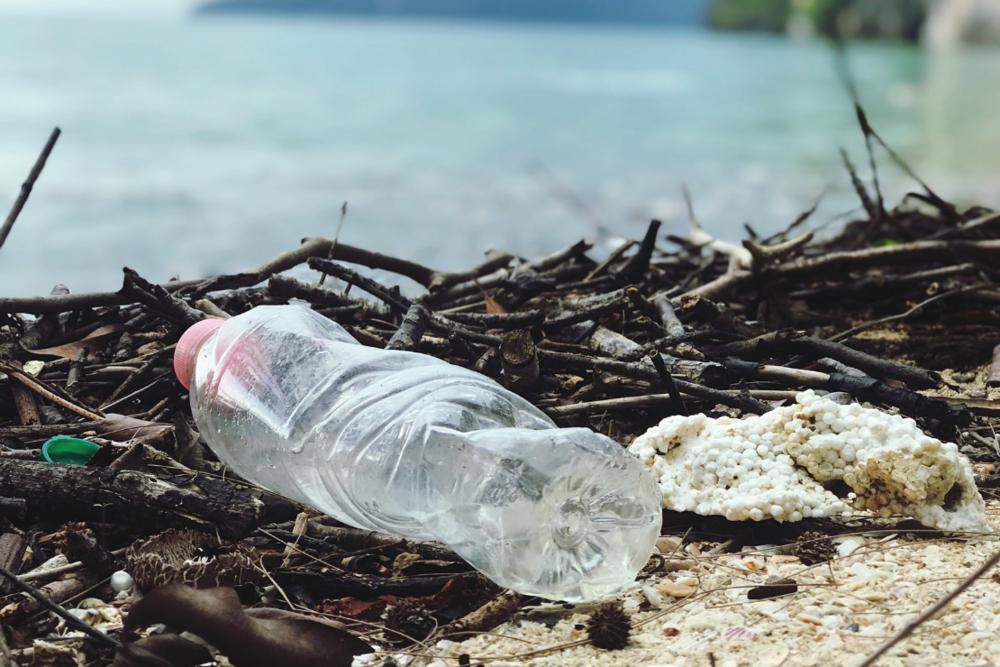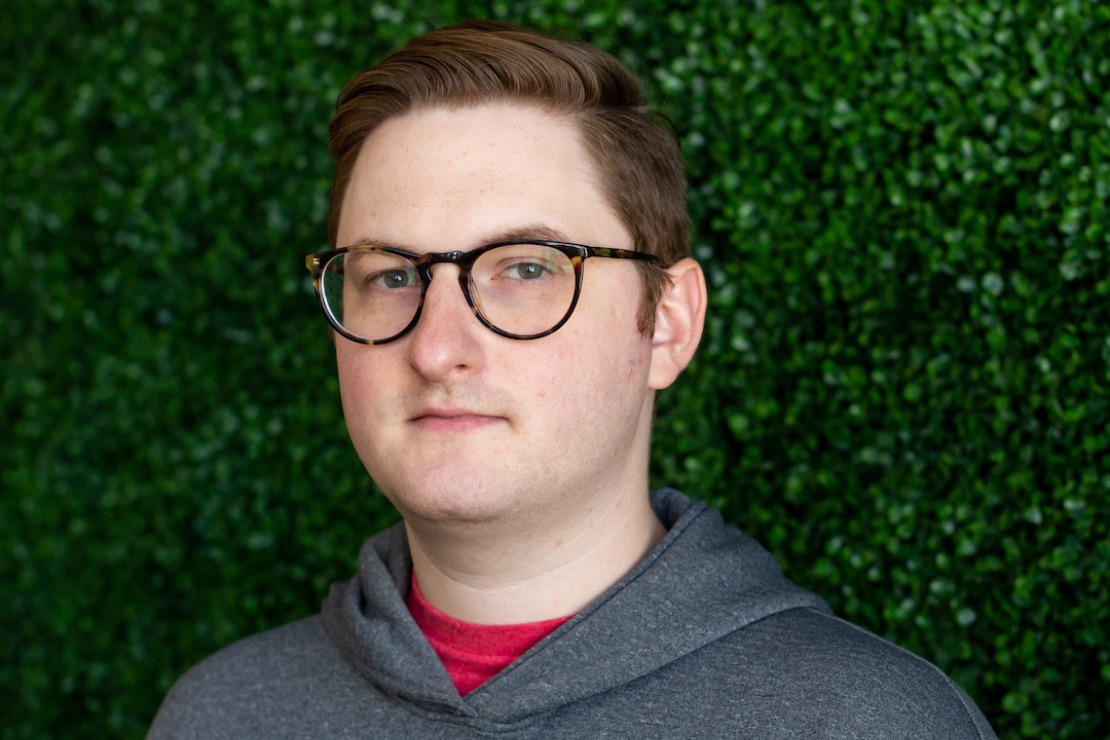Supply Chains: The Environmental Impact You Never See
Jan 21, 2021

By Dave Folk, Sustainability Engagement Manager at Techstars
Take a look outside your front door: chances are there’s a cardboard box there right now. That box, and its contents, represent unrivaled convenience — and low-risk shopping during a global pandemic — but also the culmination of a complex supply chain dug into the furthest reaches of our world. And that global supply chain behind your latest purchase is responsible for a huge, yet hidden, environmental impact.
Why Is the Supply Chain So Important to Sustainability?
Before the box even makes its way onto a delivery vehicle, the finished product, its intermediate inputs and raw materials have almost certainly traveled thousands of miles and touched hundreds of hands at dozens of companies. At each of those stops along the way there is a carbon and environmental cost to its movement.
Gone is the age of companies owning each step of production from the moment raw materials are extracted, to the factories that assemble its products, all the way to delivering the goods to the customer. Globalization has made it easier and cheaper than ever for brands to launch a new product by contracting with manufacturers who focus on parts of products and steps in the process. Cheap freight allows for a single product to gather raw materials or pre-made parts from one region, mold and assemble in another, and package and distribute within its target market. Brands struggle to get insight into their products as they move from production to the end consumer, and startups like Tive (Techstars Boston) are creating technologies to embed always-available sensor technology into shipments as they move throughout the globe.
Learn more about how startups are helping to redraw the world’s supply chains.
What Environmental Impact Does the Supply Chain Really Have?
As these modern supply chains stretch across oceans and continents it’s no surprise that now more than 80% of the carbon footprint for most consumer goods comes from the company’s supply chain rather than its owned and operated facilities.
It’s now become clear that a company’s supply chain is where most of its environmental impacts occur, and it’s also where the brand has the least visibility into its operations. Most companies have some level of control over the operations of suppliers that it directly contracts with to provide components for its products — referred to as tier 1 suppliers. That control vanishes the further you get away from the end user. The company who supplies the company who supplies the tier 1 supplier might not even know who the end user is and vice versa.
Supplier opacity and lack of control has created a veil between the end user and where the product starts its life, which multiplies environmental and social risk for the brand. Startups like Bext 360 (Techstars Sustainability Accelerator in Partnership with The Nature Conservancy) have been leading the way in highlighting how upstream suppliers that can often be half a world away can have a dramatic impact on a company’s overall carbon footprint. They help companies create a traceable fingerprint for raw materials like cocoa, minerals, and palm oil as they move from farmer to processor and ultimately to the consumer. Beyond risk lies a growing consumer segment that wants to buy from companies who care about the environment. There was record-breaking growth for products labeled “ethically sourced” or “farm-to-table” in 2019, and analysts project that market to grow by more than seven percent annually through at least 2025. Big Wheelbarrow (Techstars Farm to Fork Accelerator) is another startup working to serve this market by helping produce and food buyers connect with local and regional farms and growers.
Read our profile of Bext360 to learn more about how they’re tracing the global supply chain journey from farm to table.
Join the Techstars Sustainability Challenge
This is why Techstars’ first ever Sustainability Challenge is focused on supply chains, because that is where the impacts occur and where we need solutions now. Solutions that cut through the veil to bring transparency to brands and their customers; solutions that discover materials for products that don’t debilitate regions across the globe; solutions that reduce the waste footprint from a product after it has been used.
Techstars has brought together a coalition of major brands, NGOs and academic institutions to not only scour the world for companies and innovators who are building these next level companies, but to fast track bringing those solutions to market with some of the world’s leading brands.
Supply chains play a hidden, but vital role in how we build a more sustainable future; and our challenge wants to find those solutions that will be the foundation for how business operates tomorrow.
Learn more about the Techstars Sustainability Challenge — and apply!
About the Author

Dave Folk
Dave Folk is a Sustainability Engagement Manager at Techstars. He’s a multi-time founder, most recently at Cloverly, a carbon offset API company. Prior to Techstars Dave spent six years working in the energy industry on new product development and marketing for renewable energy programs. Dave attended the University of Alabama for his undergraduate degree, and has his MBA from Georgia Tech. He lives in Birmingham, Alabama with his wife, son, and too many cats.
